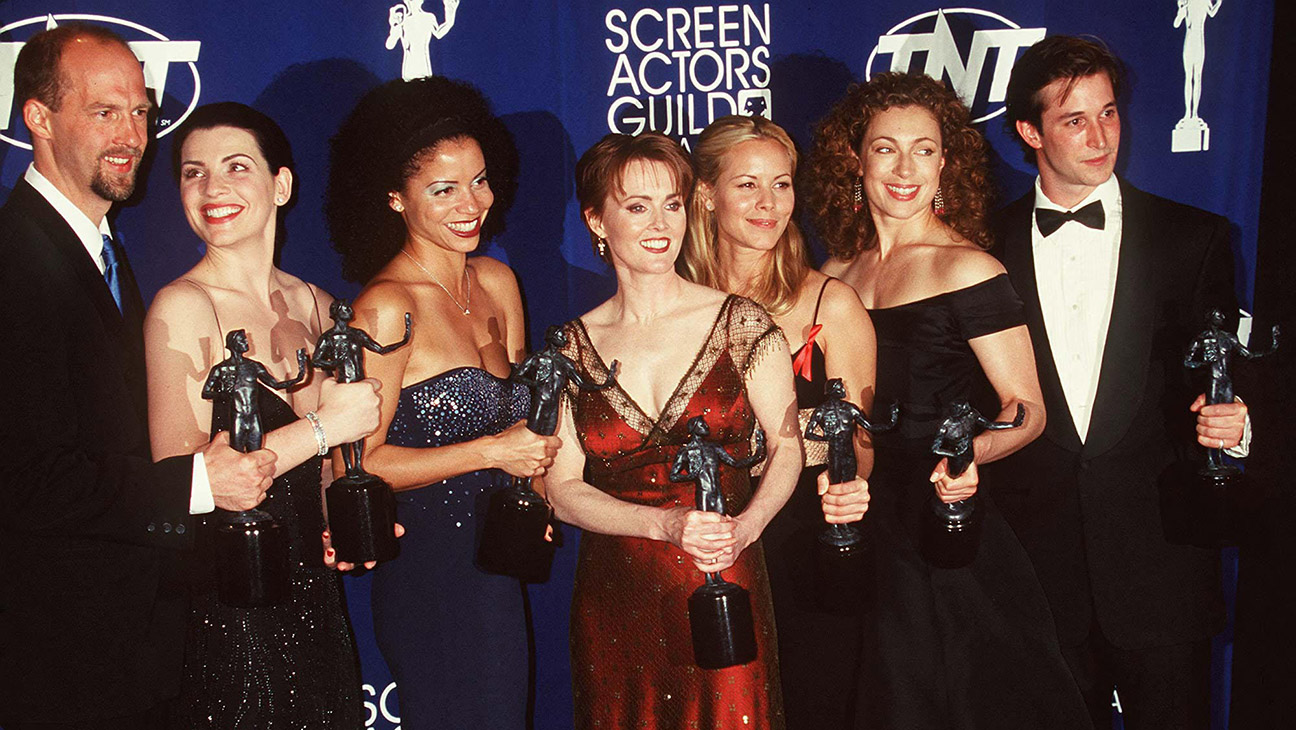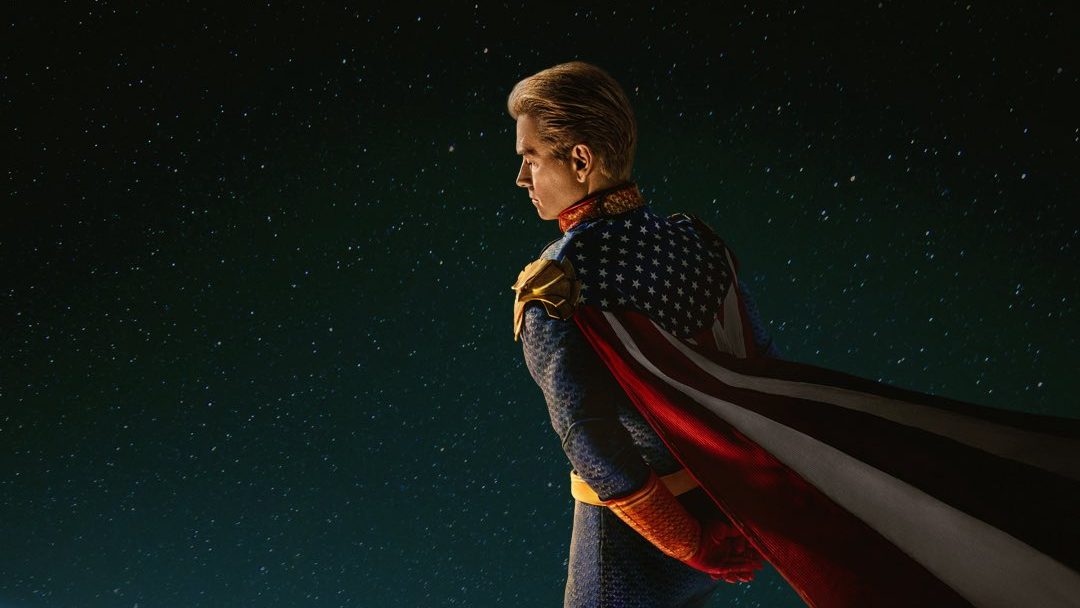David Ellison was in an upbeat mood.
Paramount’s new owner was on a private jet with his top executive team — including president Jeff Shell, and Paramount Pictures co-chairs Dana Goldberg and Josh Greenstein — and had just sat down with the man who is the centerpiece of Paramount’s TV content strategy: Taylor Sheridan.
The studio brass had flown to Texas to court Sheridan on his sprawling ranch shortly after the merger between Skydance Media and Paramount Global was finalized in August. Their objective was clear: Make Taylor Sheridan feel like he’s in good hands with this new leadership group. They thought the meeting went well. A source who spoke with one of the execs in attendance joked that the Paramount brass “couldn’t keep up with him” as the drinks flowed while Sheridan uncorked bottles.
Yet on Sunday, the news broke that Sheridan was jumping ship to NBCUniversal for a deal worth as much as $1 billion — depending on Sheridan’s creative output during a five-year contract starting in 2029. He’ll also have the opportunity to make films “of all sizes” with NBCU starting next year.
The seismic poach has sent the industry scrambling to answer a simple question: How did Paramount, the studio with the deepest pockets that recently inked massive, long-term agreements with South Park creators Trey Parker and Matt Stone and a film and TV deal with the Duffer brothers, fail to lock up one of the industry’s biggest talents with an arguably perfect track-record? But perhaps a better question is: How much did Paramount actually want to keep him?
From Sheridan’s perspective, the partnership was rocky even before the merger. The writer-producer-director had been frustrated by Paramount’s film division, which had rejected a feature script of his titled Capture the Flag. And when Warner Bros.’ CEO David Zaslav courted Sheridan earlier this year by offering to dust off his action-thriller script F.A.S.T., Sheridan ran into a roadblock when Paramount initially refused to let the rival studio make the film. Paramount wanted a 50/50 split, sources say, and were rebuffed, though eventually let the film go forward (1923 star Brandon Sklenar was cast in the lead, which also had to sting Paramount a bit).
Once the studio changed hands, Paramount didn’t give Sheridan a heads up that it signed Nicole Kidman for a new series that could, in theory, conflict with her shooting schedule for his drama Lioness. Yellowstone famously fell behind partly due to star Kevin Costner committing to another project, so Sheridan has some history with being dealt major headaches with talent schedule conflicts. A source familiar with the situation says Paramount had planned to speak with Sheridan regarding the Kidman announcement but that Sheridan first learned about it through a dinner with actress before they had the chance — but even that reasoning speaks to the studio not quite prioritizing its relationship with Sheridan.
In addition, Sheridan bristled at criticisms of his spending (particularly on Lioness, which received a belated — and what now looks like a last-ditch effort to salvage the relationship — third season renewal a few weeks back).
And then there was that meeting between Sheridan and a crew of Paramount executives, a bombardment-of-brass tactic that felt cumbersome for the creative. “It wasn’t a bad meeting,” says a source in Sheridan’s orbit. “They should’ve come with three people — Ellison and two others and then sat down and really tried to connect with Taylor. That would’ve meant a lot.”
One insider pushed back on the idea that the executive team effort was Paramount’s idea, noting that 101 Studios CEO David Glasser set the guest list. (Paramount, NBCUniversal, 101 Studios and Sheridan had no comment for this story).
Either way, somebody else had been quietly wooing Sheridan with a more low-key style: NBCUniversal’s savvy entertainment & studios boss Donna Langley, who had multiple meetings with the hitmaker going all the way back to May and who gradually became The Sheridan Whisperer. Initially, Langley approached Sheridan about a film deal, but the conversation expanded to television and streaming when it became clear he was having serious doubts reupping his TV deal with the new Paramount.
When a contract is worth $1 billion, it may seem foolish to think Sheridan’s decision might have been more personal than financial. But Sheridan values his independence to a rather enormous degree (The Hollywood Reporter‘s cover story on Sheridan two years ago was titled, “Taylor Sheridan Does Whatever He Wants,” and that declaration has aged rather well). So it seems rather possible that Sheridan being put off by the Paramount team’s approach could have been a significant factor.
While on the Paramount side, Ellison is used to getting his own way (he is, after all, the son of the world’s second-richest man, Oracle co-founder Larry Ellison, who is worth $342 billion). One source suggests that Sheridan’s controlling nature put off Ellison.
“[Sheridan] was running the asylum” that was Paramount+, the source says, claiming the previous regime had essentially ceded control of the platform to him and that Sheridan didn’t want any accountability. “Ellison wants to run the show and he can’t with Sheridan there.”
Another speculates that Paramount was getting out of the Sheridan business while the creator was at his peak: “My guess is Cindy [Holland], who’s an adult, started asking some questions and David Glasser and Taylor and were like, ‘We don’t need anything questioned when we have these other suitors.’ All their former contacts at Paramount were fired. They were getting away with a lot.”
Perhaps the biggest clue to Ellison’s mindset was one simple fact: While sources disagree on some of the particulars in this story, all agree Paramount never actually made an offer to lock down Sheridan.
Both sides, therefore, made a sizable gamble: Ellison betting that Sheridan’s winning streak is largely over; Langley betting there’s plenty of gold left to be mined from the popular writer-director. On Yellowstone, John Dutton once said: “It’s the one constant in life: You build something worth having, someone’s gonna try to take it.” Langley saw Sheridan as the thing worth having and went ahead and took it.
Borys Kit and Alex Weprin contributed to this story.





